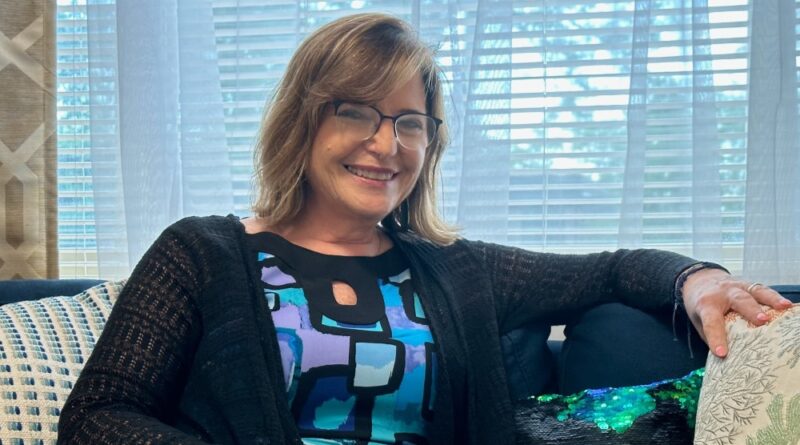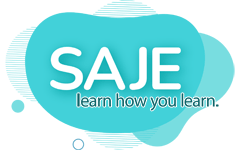In the course of her 30-year career as a school-based social worker, psychotherapist and founder of Towson-based Positive Changes Counseling Center, Debbie Disney has developed a deep understanding of the human condition. As she’s worked with students and clients to address issues as diverse as depression, anxiety, relationships, eating disorder, loss and trauma, she’s identified a common theme that many of them share — the struggle to learn. To address that struggle, Disney founded SAJE Education Services — a comprehensive support program for adults and students who struggle with executive functions, attention, focus or cognitive changes — in 2020.
Recently, Jmore spoke with Disney, a Pikesville resident about SAJE and how it works.
JMORE: Why did you create SAJE?
DISNEY: Between the work I did in schools and as a therapist, I recognized that many students and clients presented with low self-esteem, anxiety and depression, often referring to themselves as lazy, unmotivated, even stupid. I saw this during my tenure with Baltimore City Public Schools as well as my time at Beth Tfiloh Dahan Community School. Teachers would share their frustration with me that their very bright student could answer a question without opening a book yet was not able to follow simple directions or complete assignments. Parents would complain that their child would procrastinate until the night before a project was due or forget to hand in the homework they spent hours completing. Students would come to my office, often feeling defeated. It became apparent to me that these students were exceptionally capable, they just learned differently. I began showing them how to organize their lockers, bookbags and desks; how to plan for projects and exams, and how to manage their time well. Those strategies set them up for very positive school experiences.
How do learning issues manifest with clients in therapy?
When I left the school system to become a psychotherapist, it did not take long for me to realize that many of the clients who came to therapy because of anxiety, depression, low frustration tolerance…used the same self-descriptive words my former students used; lazy, unmotivated, stupid… Those key words caused me to ask them about their experience as a student and I was able explain that many of the struggles and challenges they faced as adults were related to the way they learned. Many of the adults were relieved to learn there was a reason some things did not come easily to them. Some fit the diagnostic criteria for ADHD or Autism, and they each learned they had not conquered executive function skills. No more feeling “less than.”
How does SAJE help with these issues?
Participants in SAJE are called Scholars. Our Scholars are paired with a SAJE Learning Specialist who designs an Individualized Learning Roadmap based on comprehensive information gathered during the admissions process. The Learning Specialist begins by explaining how parts of the brain play a role in how the Scholar processes, retains and implements information. The Learning Specialist talks about the various learning styles, and which learning styles make sense for the way the Scholar learns. The Learning Specialist also breaks down what executive functions are and which of the executive functions are most challenging for their Scholar. The realization by the Scholar that they are actually pretty smart because they learn differently is empowering. Our learning specialists incorporate interactive, “out of the box” modalities to help their Scholar recognize how they learn, then develop additional ways to overcome many of their areas of social, emotional and academic frustration. Our motto, learn how you learn, emphasizes the idea of finding your areas of strength, make them stronger; find your areas that need strengthening and figure out a way to support them.
How does SAJE use technology to enhance focus and attention?
We utilize a neurocognitive software program called PLAY ATTENTION. The NASA inspired technology is an armband that allows the Scholar to control the games with their mind’s attention. PLAY ATTENTION has been around for 30 years, and is proven to improve attention, short term memory, working memory, task completion, social skills, organization and more.
How long is a SAJE Series?
The Student Series is 10 2.5-hour sessions. Open for children entering 1st grade through 12th grade. The Adult Series is 4 2.5-hour sessions. Open for young adult through senior adults.
What does SAJE stand for?
Glad you asked. SAJE is the first letter of my children and grandchildren’s names. I added “N” for the more recent grandkids.






